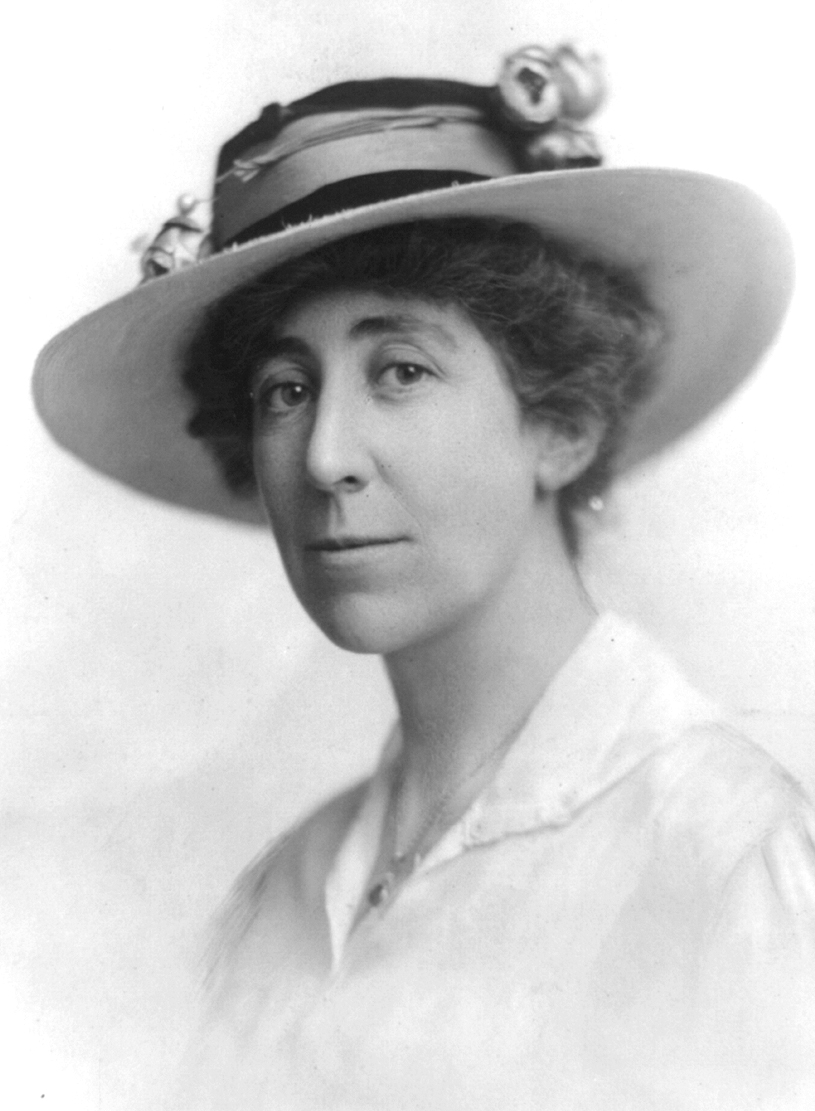Rankin, Jeannette (1880-1973), was the first woman to be elected to the United States Congress. A Republican, she served from 1917 to 1919 as congresswoman at large from Montana. In 1940, she was elected to the House of Representatives for one term. She voted against U.S. participation in World War I (1914-1918), and was the only member of the House to vote against entering World War II in 1941. As a private citizen, she also opposed U.S. involvement in the Korean War (1950-1953) and the Vietnam War (1957-1975).

Rankin was born on June 11, 1880, near Missoula, Montana. She graduated from Montana State University (now the University of Montana) in 1902 with a B.S. degree in biology. She later attended the New York School of Philanthropy (later the Columbia University School of Social Work). She worked briefly as a social worker in Spokane, Washington, before entering the University of Washington in Seattle. While there, Rankin became involved in the woman suffrage (right to vote) movement. She helped women gain the right to vote in Washington state in 1910 and in Montana in 1914.
Rankin’s work as a social activist—as well as financial assistance from her brother Wellington, an influential member of the Montana Republican Party—helped her 1916 campaign for one of two at-large seats for the U.S. House of Representatives in her home state. Rankin ran as a progressive, emphasizing social welfare issues and pledging to work for a constitutional woman suffrage amendment. She came in second to Democratic Representative John M. Evans, winning Montana’s second House seat and becoming the first woman to serve in Congress.
Rankin began her service on April 2, 1917, when a special joint session of Congress was called after Germany declared unrestricted submarine warfare on all Atlantic shipping. That evening, U.S. President Woodrow Wilson asked Congress to declare war against Germany. A committed pacifist (opponent of violence and war), Rankin voted against U.S. participation in World War I.
In early January 1918, Rankin opened the first House floor debate on a constitutional amendment on woman suffrage. The resolution narrowly passed in the House, but it died in the Senate. American women finally won the vote in August 1920 when the 19th Amendment became part of the U.S. Constitution.
In 1940, Rankin was elected to the House of Representatives for one term. She won fame in 1941 as the only member of Congress to vote against U.S. entry into World War II.
In January 1968, Rankin, an opponent of U.S. involvement in the Vietnam War, led the Jeannette Rankin Brigade, in which some 5,000 Vietnam War protesters marched on Washington, D.C. The marchers presented a peace petition to House Speaker John McCormack of Massachusetts.
Rankin died on May 18, 1973. A statue of her represents Montana in the United States Capitol in Washington, D.C.
